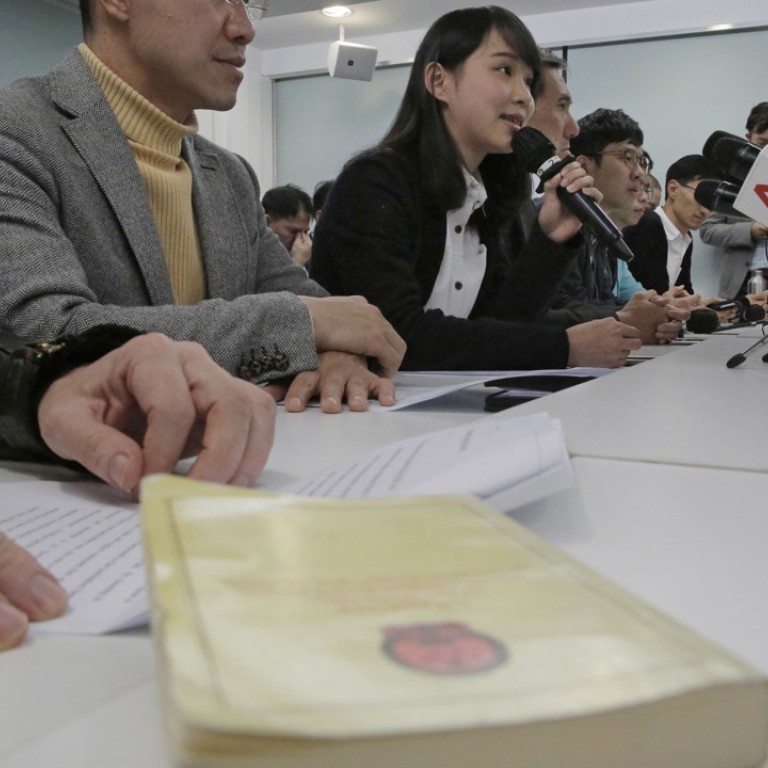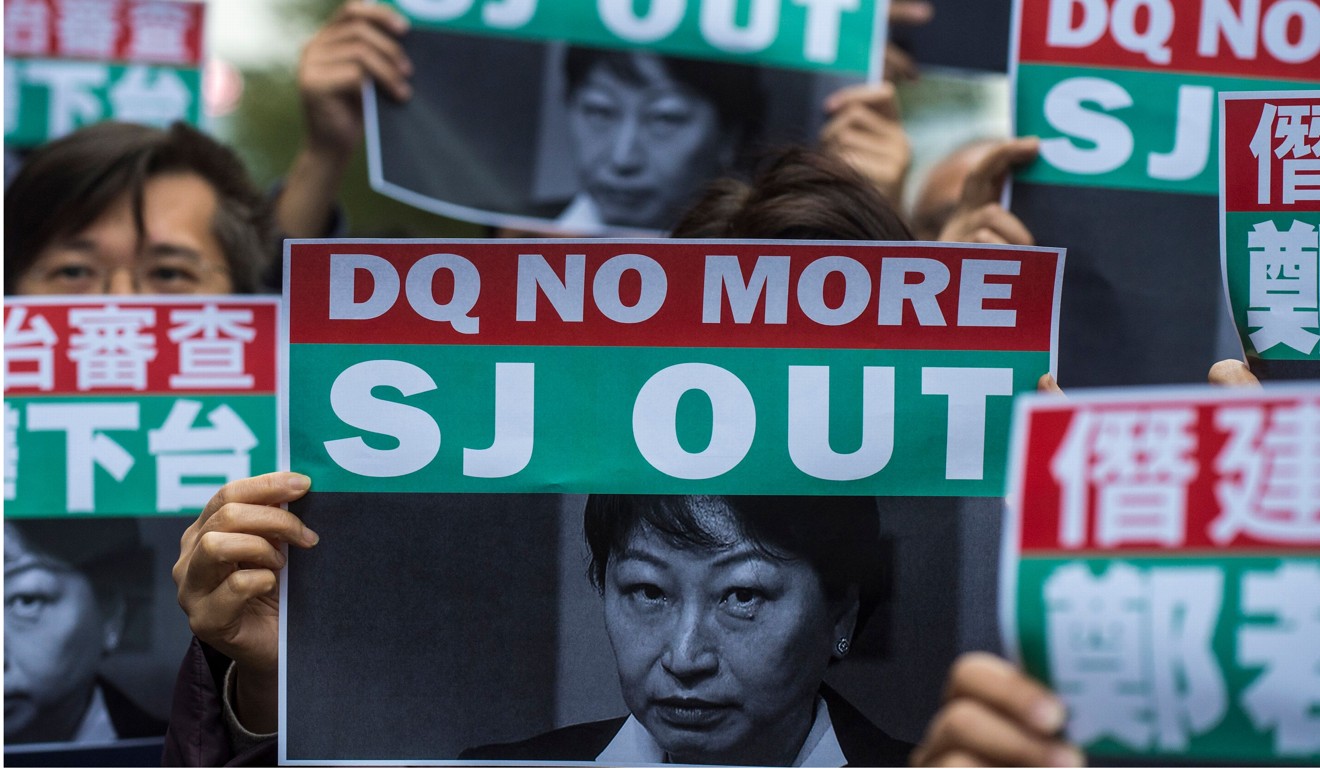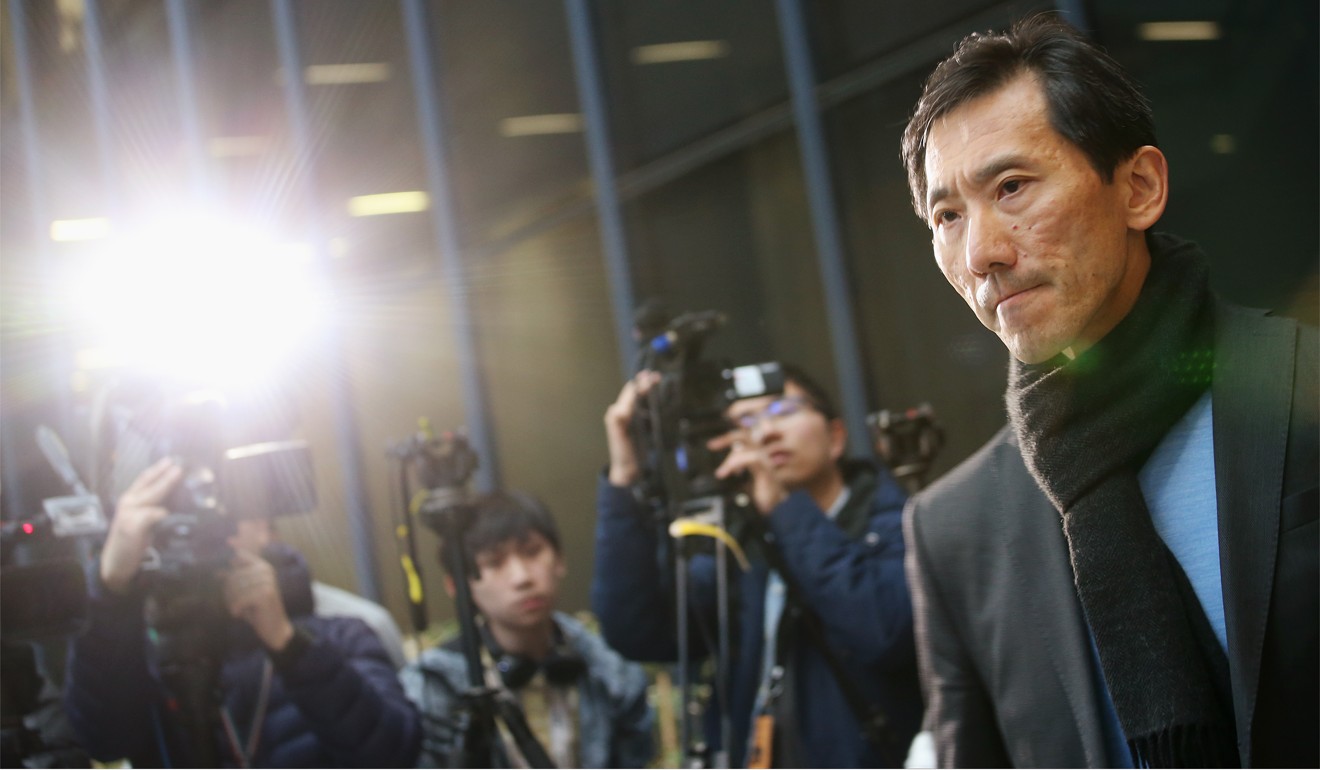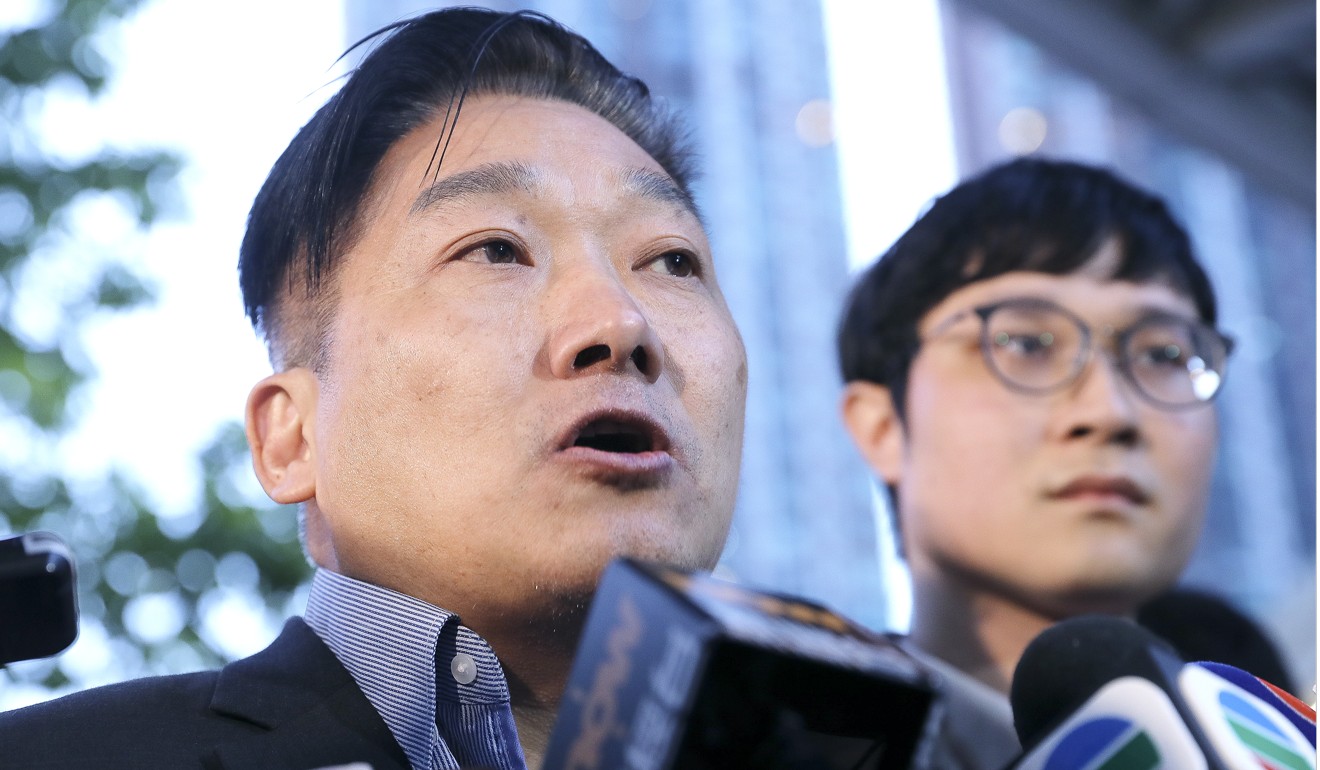
Hong Kong’s election ban may be legal, but the controversy will rumble on
Regina Ip says there’s no escaping the tricky questions about the specifics of such a ban. It’s one consequence of Hong Kong’s difficult balancing act of upholding its separate system against China’s constitutional authority

Agnes Chow’s by-election disqualification robs us all of a debate on Hong Kong’s future
The electoral authorities apparently gave serious consideration to debarring candidates in two categories.
Hong Kong not unique in barring some from running in elections
The first category, which includes pro-independence candidates Chow, Lau and Chan, turns on whether the returning officers accept that they genuinely support the Basic Law and are loyal to the special administrative region. In light of their past statements and political activity, the returning officers concluded that they could not be trusted.

Two of Hong Kong’s legal experts, law professor Albert Chen Hung-yee and senior counsel Ronny Tong Ka-wah, have both raised issues of concern. Professor Chen pointed out that the court decision on the election petition of Andy Chan Ho-tin, who was prevented from taking part in the 2016 Legco election for his separatist stance, would be crucial, but it is still pending. Tong argued that, in the absence of an explicit law barring a disqualified candidate from taking part in future elections, a ruling against Yiu would be hard to defend.
Legal issues apart, the fundamental question is: how do you draw the line between political rights and violation of the law?
In response to criticism that it was violating the provisions in the International Covenant on Civil and Political Rights protecting the right to take part in elections, the government has argued that it acted in accordance with both the Basic Law and local laws, specifically the Legislative Council Ordinance, which requires candidates to uphold the Basic Law and pledge allegiance to the SAR.
The decision to allow Yiu to take part in the elections strengthened the government’s argument that the returning officers’ decisions were all made in accordance with the law, but a raft of tricky questions remain unanswered.
For example, if Facebook messages could be taken as evidence, how about statements made in public forums, and messages posted on websites which had been retracted or expunged because of “political reality”? If a candidate, because of political expediency, publicly and emphatically repudiates his former pro-independence stance but subsequently returns to his former position, how would the returning officer judge such conflicting pronouncements?
Rules on elections must pass legal test

If such candidates are to be debarred, for how long and what appeal and redress procedures are open to them, other than the costly and ineffectual avenue of submitting an election petition, as suggested by the government?
Also, does the NPC Standing Committee decision bar a candidate one time only or is it meant to do so for one term, or even for life? If so, would local legislation be necessary and how would that square with the International Covenant on Civil and Political Rights?
Beijing envoy in Hong Kong urges preparedness against ‘significant political and legal incidents’ this year
Legal issues apart, the fundamental question is: how do you draw the line between political rights and violation of the law, and how do you balance upholding Hong Kong’s separate systems against the overarching power of China’s constitutional decisions?
Regina Ip Lau Suk-yee is a lawmaker and chairwoman of the New People’s Party

